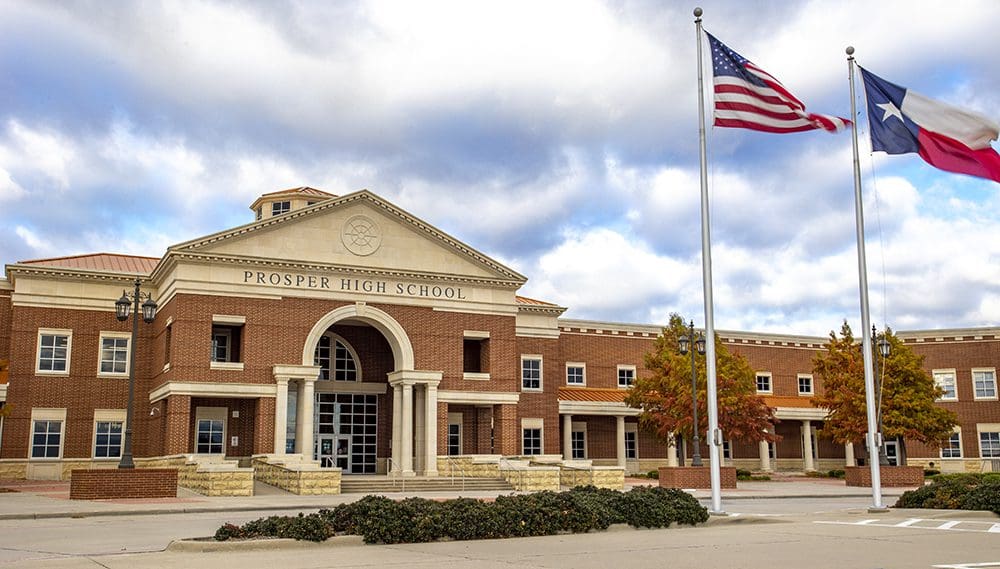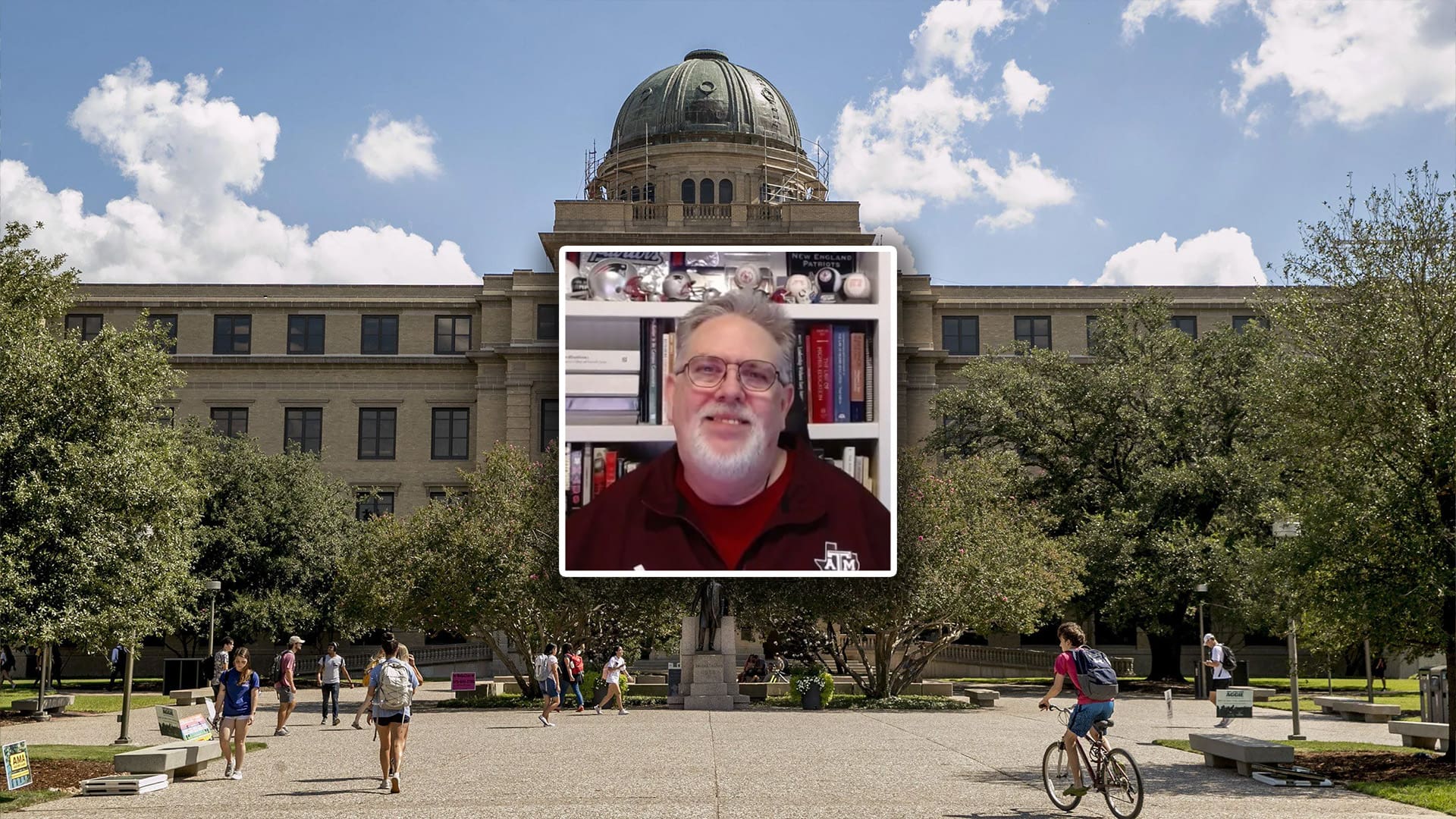Legislation intended to protect Texas public school children from sexualization drew the ire of LGBTQ activists during a Senate Education Committee hearing Wednesday.
The committee received testimony from nearly two dozen witnesses on State Sen. Bryan Hughes’ (R–Mineola) Senate Bill 1072, which would require school districts and charter schools to adopt policies regarding “when an employee may discuss human sexuality with a student” and “when extracurricular events related to human sexuality may be held.” The measure authorizes the attorney general or a district or county attorney to sue a school district if it violates its adopted policy.
Hughes explained his bill is intended to address attempts by some school districts to skirt the recommendations of the local school health advisory council (SHAC) regarding instruction on human sexuality by sponsoring extracurricular events during which this topic is discussed. The SHAC in each district is composed of a majority of non-employee parents and is responsible for “ensuring that local community values are reflected in the district’s health education instruction.”
Several witnesses—including representatives from the ACLU, Equality Texas, and the National Association of Social Workers—compared the legislation to Florida’s Parental Rights in Education bill, derided by critics as the “Don’t Say Gay” bill. These witnesses said the legislation would infringe on the First Amendment rights of free speech and association and take Texas back to the 1980s, which they described as a “hellish” time for LGBTQ individuals. Some made the claim that it would prohibit teaching on classic works of literature or hosting plays that contain sexual themes, like “Romeo and Juliet.”
One witness accused lawmakers of trying to “erase the existence of the LGBTQIA+ community from public schools entirely” and destroy “safe places for students to find each other and safely come out to their peers and trusted educators in their own time.”
Another said the bill “would empower overzealous school board members to act on their personal biases and prejudices” and that it is symptomatic of the “hate and vitriol that has been directed towards the LGBTQ plus community.”
Still another claimed LGBTQ individuals are “reviled by the state” and compared current efforts to limit discussion of certain topics pertaining to sexuality in public schools to the persecution of Jews in Nazi Germany.
Loren Perkins, a transgender individual who refused to end their testimony during a hearing on a bill by Hughes (Senate Bill 12) that would ban drag shows targeting children, said, “Not many people on this panel are worthy of the vulnerability that it takes to share these awful, heartbreaking stories of our existence.”
“Simply the fact that you had the gall to bring it here before us is going to embolden other people to make our lives [a] living hell,” Perkins added.
While LGBTQ activists opposed the legislation, others came to show their support.
Lori Kuykendall, the president of Beacon Health Education Resources, noted how legislation enacted in 2021 required districts to provide more transparency about SHAC meetings and greater access to sexual education curricula, in addition to allowing parents to explicitly opt in to sexuality instruction for their children rather than giving them the opportunity to opt out.
“This bill … is needed to help add eyes and teeth to these laws which previously did not have sufficient monitoring nor enforcement mechanisms in place, without which they are merely suggestions left to the local district lawyers to interpret and determine how their district will abide by them,” Kuykendall argued.
Christin Bentley, the state Republican executive committeewoman for Senate District 1 and the key figure spearheading the party’s initiative to stop sexualizing Texas kids, said the bill would strengthen parental rights and protect children from abuse.
“Parents have the fundamental God-given right to direct the upbringing of their children—not just their education, but their moral and religious training,” said Bentley. “The state should not interfere with those fundamental rights unless to further a compelling state interest. And one of those compelling interests happens to be protecting children from sexualization. Sexualizing a child is abuse.”
“Unfortunately,” she continued, “public schools across the state of Texas have found ways to disregard the law. … This puts Texas children at risk of being sexualized. This isn’t an isolated problem. It is happening in suburban and rural districts across the state.”
Senate Bill 1072 was left pending at the conclusion of the hearing.





